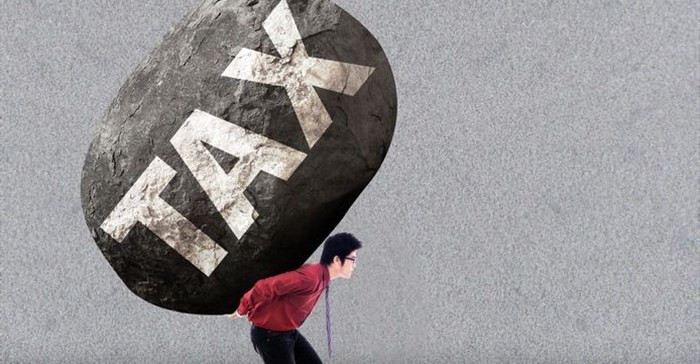Just a few weeks into his tenure Minister, Tito Mboweni, will deliver his first Medium-Term Budget Policy Statement (MTBPS) on 24 October, but tax experts don't expect any significant changes from what was laid out in February by his predecessor.
Treasury set Sars’ revenue collection target at R1.345trn, which would represent a growth of 10.3% from the previous financial year. This would be made possible through measures like the increase in the value added tax (VAT) rate, taking advantage of bracket creep, the new levy on sugary beverages, and the very contentious increase in the fuel levy, to name a few,” says Mike Teuchert, national head of taxation at Mazars at a roundtable to discuss what South Africans can expect from the MTBPS.
“There is likely to be a lot of interest in any update in the South African Revenue Service’s (Sars) revenue collection efforts, and how this has been affected by the recession gripping the country. “If the economy reaches the predicted targets, there will be good collections. However, the recent hikes in the fuel price are indicative of where we are. We’re not exactly the flavour of the month with foreign investors. Businesses are looking at not giving increases and companies aren’t making a profit.”
The South African Reserve Bank has cut its estimate for South African gross domestic product (GDP) expansion to 1.2% from 1.7%, while the World Bank’s most recent predictions place GDP growth at 1%, and the International Monetary Fund (IMF) has almost halved its expected growth rate from 1.5% to 0.8%.
Stimulus package
The release of the package of financial and non-financial stimulus measures by President Cyril Ramaphosa, along with the Jobs Summit held on 4 October 2018, shows that government has committed to growing the taxpayer base.
“The president needs R15bn to get the stimulus programme going. He doesn’t have more money to work with, but will be shifting money around from underperforming projects and making adjustments to expenditure to get more bang for the buck. The question is: Does moving the money around mean growth?” says Bernard Sacks, partner at Mazars.
However, the stimulus package won’t be a quick fix. “It’s more likely to be a medium-term objective,” says Teuchert.
VAT
The 1% increase in VAT this year is expected to provide R23bn in tax revenue, and another key point expected to be come up in the 2018 MTBPS is information regarding the Woolard Panel’s report on zero-rated items and whether South Africa will be able to afford amendments to the list. A glaring error has been the exclusion of chicken products, a staple for most poor South Africans. “The government has acknowledged that people are under pressure. How can we be sure that the zero-rated savings filter down to the poor, particularly as prices are dictated by the market. Government is going to have to ask the big retailers to come to the party,” says Sacks.
“There have at least been some early indicators that seem to suggest that these measures are helping to bring the country closer to shrinking the revenue shortfall. Treasury will need to give as much detail as possible during the MTBPS if it wants to raise the public’s confidence,” Teuchert concludes.









































